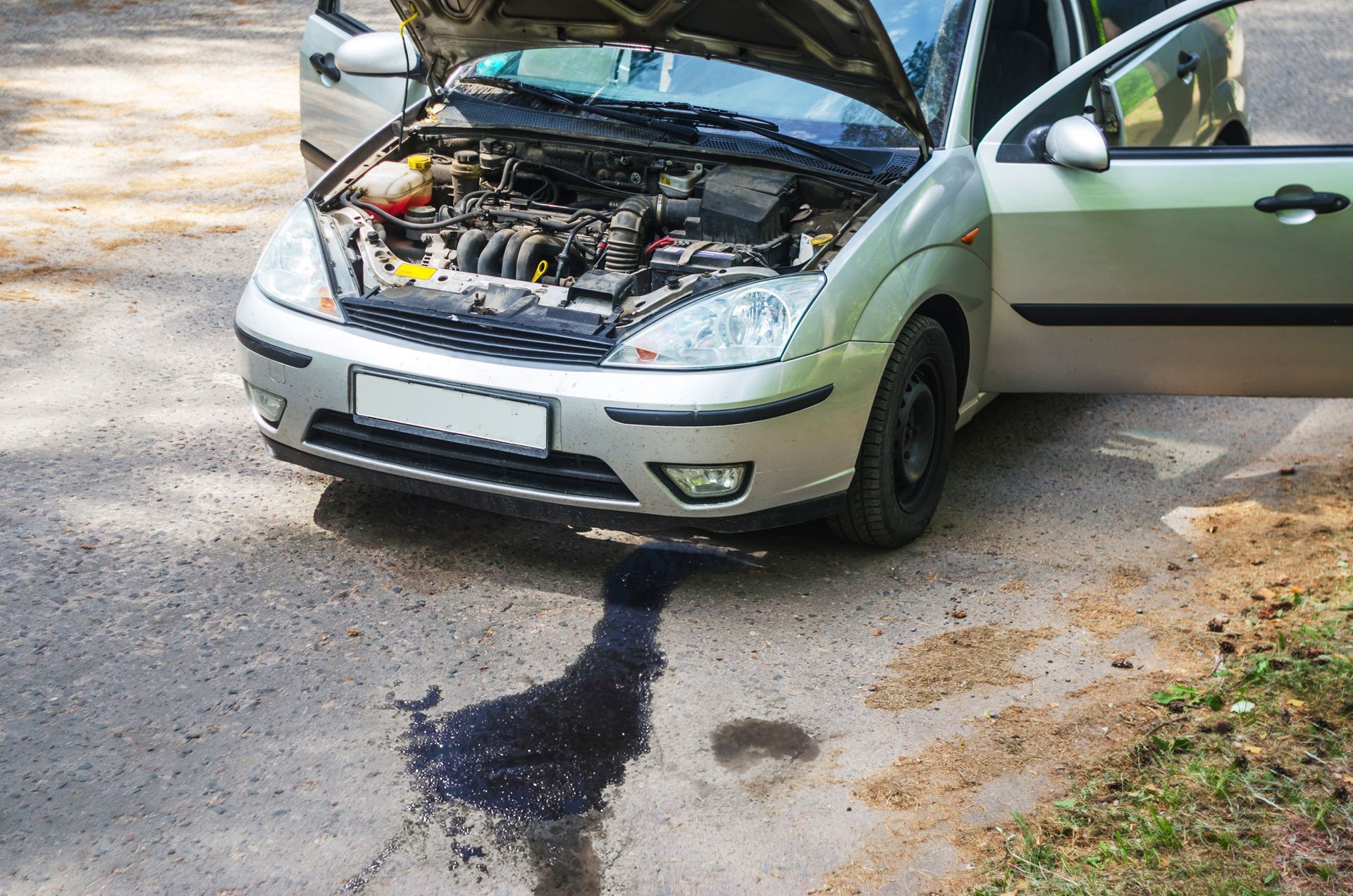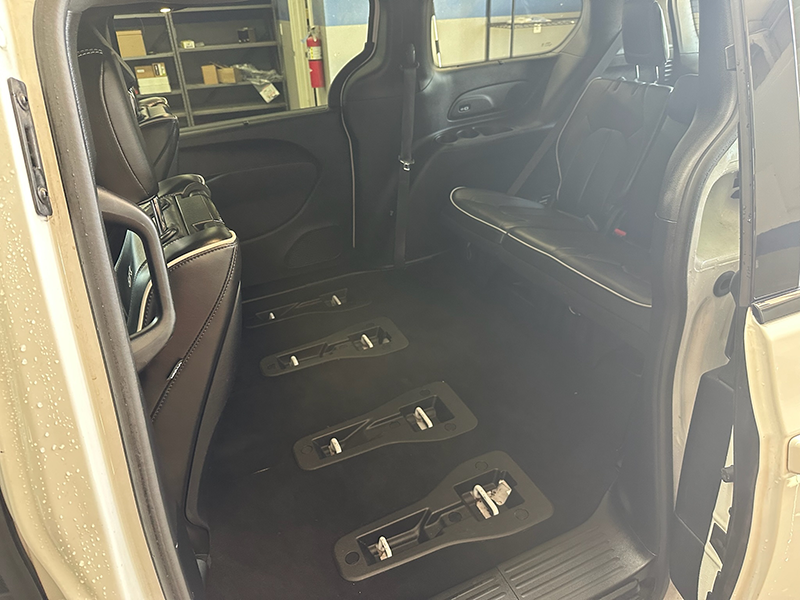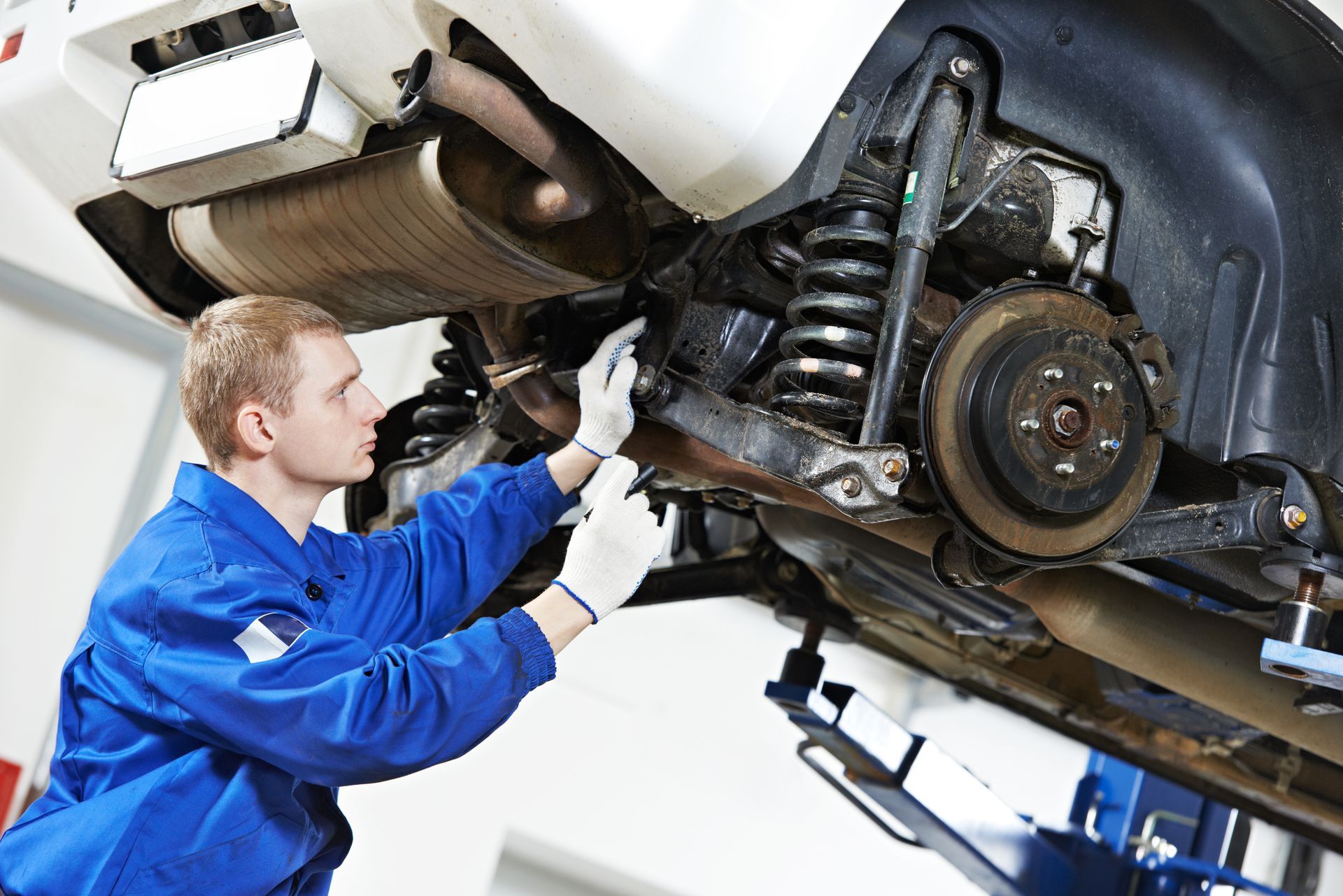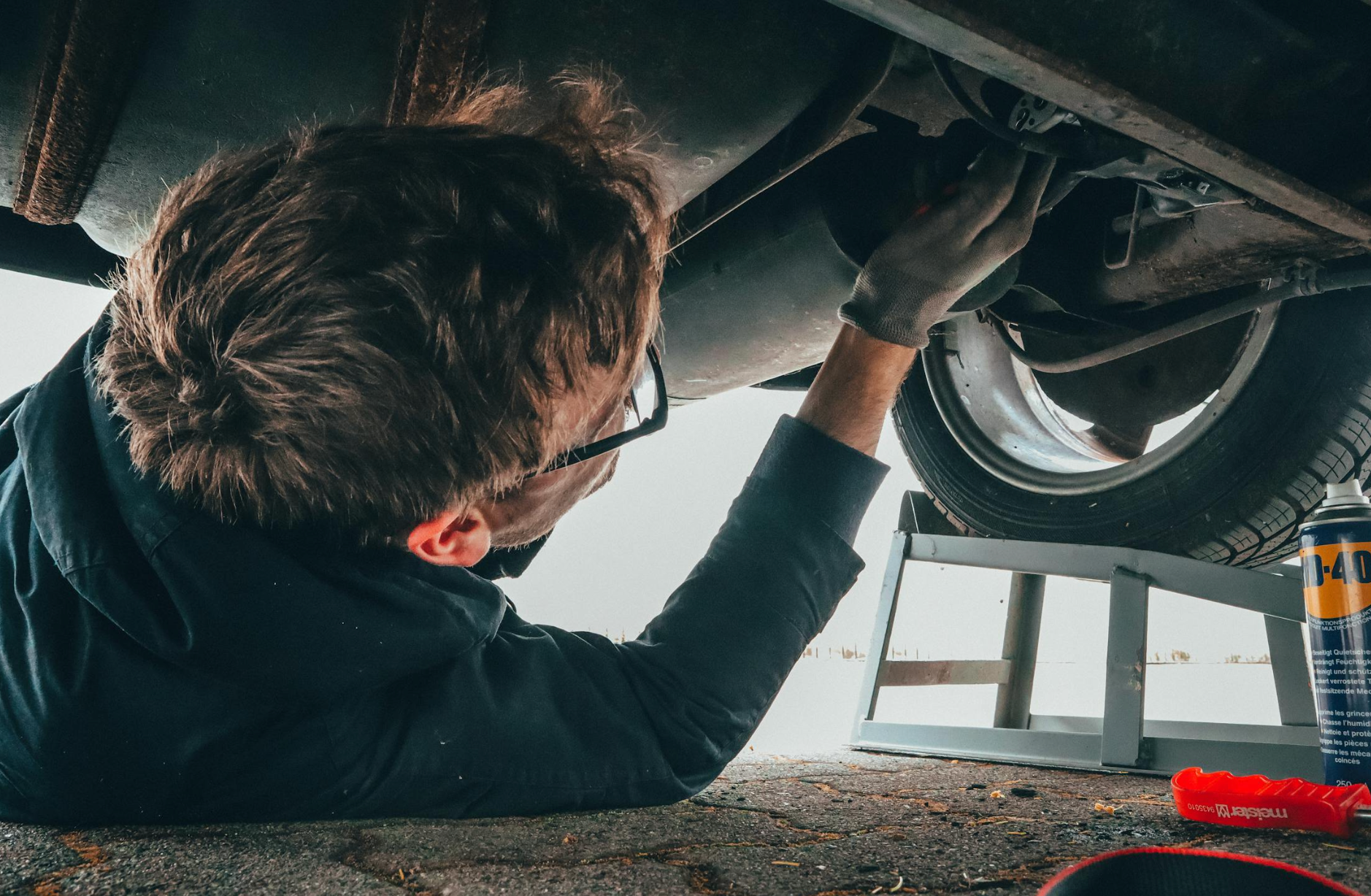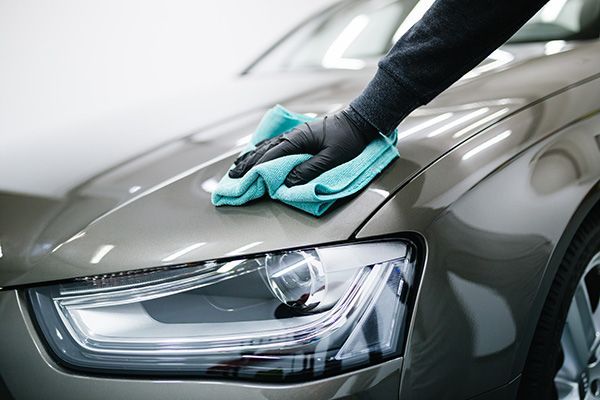Loading ...
Missing business hours data / Error occurred while getting the data.
Loading ...
Missing business hours data / Error occurred while getting the data.
When Is The Best Time To Change The Engine Oil Of My Honda?
March 29, 2024
Do you need help with the ideal timing for changing the engine oil in your Honda vehicle? The optimal intervals for oil changes are crucial for maintaining engine performance and longevity; we will talk about that. Here is everything you need to know:
Factors Influencing Oil Change Intervals
Several factors influence how often you should change the engine oil in your Honda vehicle. These factors include:
Manufacturer Recommendations
Honda provides specific guidelines regarding oil change intervals for each model and engine type. These recommendations are based on extensive testing and engineering expertise to ensure optimal engine performance and durability.
Driving Conditions
Your driving habits and typical driving conditions play a significant role in determining oil change intervals. Factors such as frequent stop-and-go driving, towing heavy loads, or driving in extreme temperatures can accelerate oil degradation and necessitate more frequent oil changes.
Oil Type and Quality
The type of oil used in your Honda vehicle, whether conventional, synthetic, or synthetic blend, can affect how long it maintains its effectiveness. High-quality synthetic oils typically offer better performance and longevity compared to conventional oils, allowing for extended oil change intervals.
Engine Age and Condition
The age and condition of your vehicle's engine also impact oil change intervals. Older engines or those with higher mileage may require more frequent oil changes to compensate for increased wear and potential oil consumption.
Manufacturer Recommendations for Honda Vehicles
Honda typically recommends changing the engine oil in its vehicles every 5,000 to 7,500 miles or every 6 to 12 months, whichever comes first. However, it's essential to consult your vehicle's owner's manual for specific oil change intervals tailored to your Honda model and engine type.
Determining the Best Time for Oil Changes
Adhering to Honda's recommended oil change intervals is the primary guideline for maintaining your vehicle's engine health. Regular oil changes help remove contaminants, replenish essential additives, and ensure proper lubrication for critical engine components.
Pay attention to your driving habits and typical driving conditions to assess the stress level on your vehicle's engine. You may need to shorten the oil change interval accordingly if you frequently engage in severe driving conditions, such as towing heavy loads or driving in extreme temperatures.
Consider performing regular oil analysis to evaluate the condition of your engine oil and determine if it requires changing sooner than the manufacturer's recommended interval. Oil analysis can identify signs of contamination, excessive wear, or degradation, allowing for proactive maintenance and engine protection.
Signs It's Time for a Change
There is one more thing when it comes to oil changes - certain warning signs demand immediate action. Recognizing when it's time to change the engine oil in your Honda is essential for maintaining engine health and performance. Here are some common signs that indicate it's time for an oil change:
Dark, Dirty Oil
Check the color and consistency of your engine oil regularly. If the oil appears dark, gritty, or significantly dirtied, it's likely time for a change. Fresh, clean oil is vital for proper lubrication and engine protection.
Engine Noise
Listen for unusual engine noises, such as knocking or ticking sounds, especially when starting the engine or during acceleration. These noises may indicate insufficient lubrication due to degraded oil.
Oil Level Drop
Monitor the oil level on the dipstick regularly. A significant decrease in oil level between oil changes could indicate oil consumption or leakage issues, necessitating more frequent oil changes.
Increased Exhaust Smoke
Excessive smoke or visible emissions from the exhaust pipe may indicate burning oil, a sign of oil breakdown, or engine issues. Addressing the underlying cause may require an oil change and further inspection by a qualified mechanic.
Check Engine Light
If the check engine light illuminates on your vehicle's dashboard, it could signal various engine-related issues, including low oil pressure or degraded oil quality. Promptly addressing the issue and performing an oil change can help prevent further engine damage.
How is your Honda doing? Does it need a quick checkup? Well, whatever it is, The Garage Automotive Solutions is here to help out!

Loading ...
Missing business hours data / Error occurred while getting the data.
Loading ...
Missing nap lines data / Error occured while getting the data.


